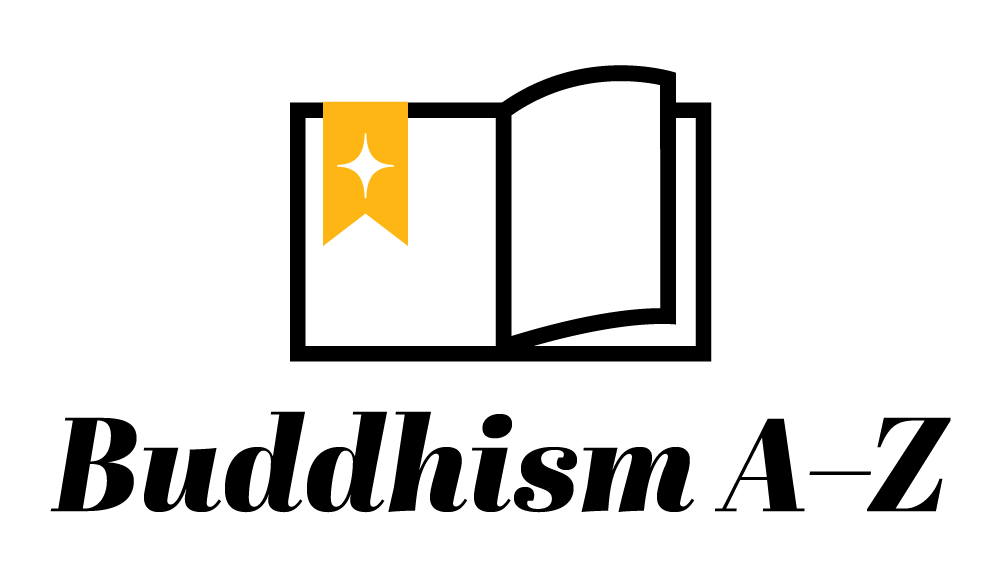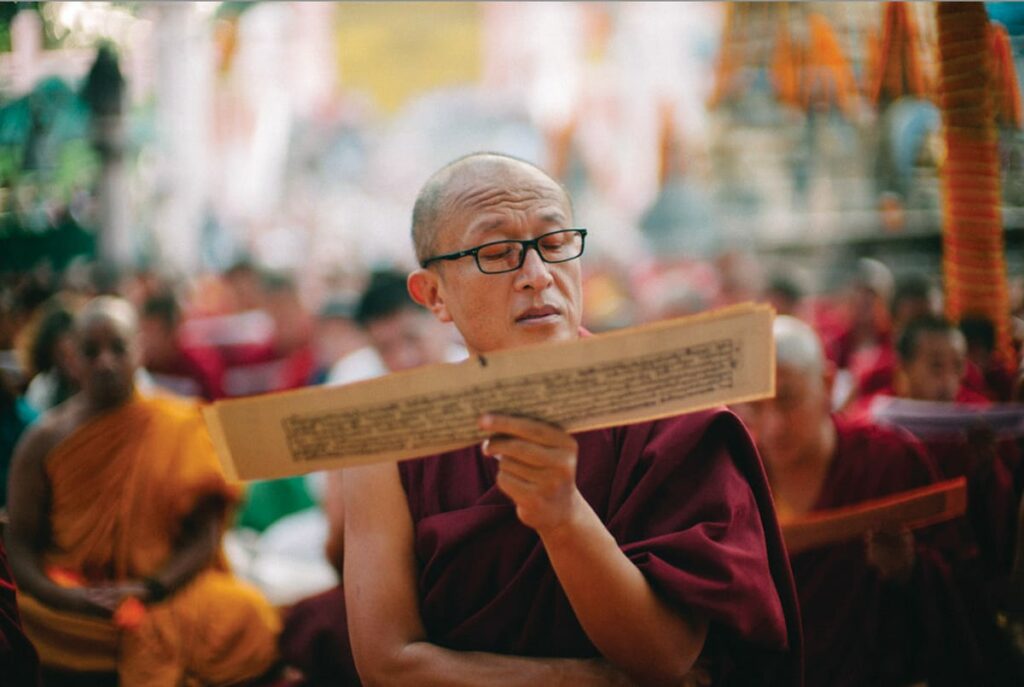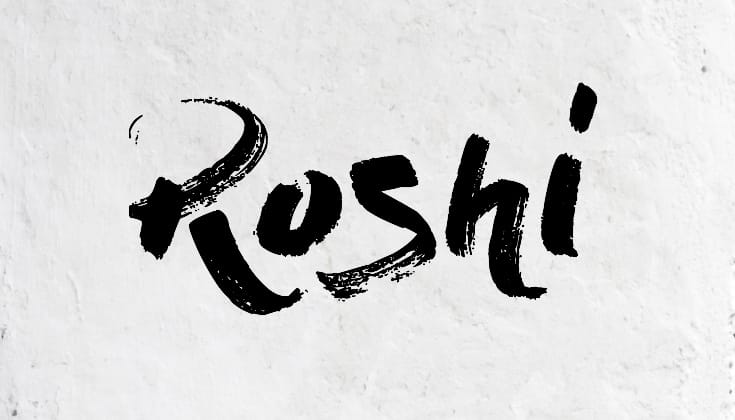In Buddhism, a guru (Sanskrit) is a spiritual teacher or mentor who plays a significant role in guiding and instructing students on the path to spiritual development and enlightenment. It is one of many names for a teacher in Buddhism and is used most commonly in Vajrayana Buddhism, referring to a highly trained teacher.
A genuine guru is capable of transmitting teachings through many different means. In the Vajrayana tradition, working with a guru is an advanced form of practice, and it is strongly recommended that students exercise caution before accepting a guru. In principle, gurus are dedicated to helping all beings attain enlightenment and adept at helping their students realize their true nature.
Tibetan Gurus
Since the exile of many Tibetans starting in 1959, dozens of Tibetan gurus—who often carry the honorific title “Rinpoche,” meaning “Precious One”—have become widely known and have established monasteries and spiritual organizations around the world, including His Holiness the 14th Dalai Lama, who is author of The Art of Happiness and many other books; Mingyur Rinpoche, author of In Love with the World; Dzongzar Khyentse Rinpoche, author of Living is Dying and director of the movie, The Cup, and Khandro Rinpoche, author of This Precious Life—to name just a few.
Varied Terminology Among Traditions
In the Theravada tradition, teachers may simply be referred to as Bhikku or Bhikkuni, which is the term for monk or nun. In Burma, a monastic teacher is often referred to with the honorific Bhante, which is a term of address sometimes used to refer to the Buddha in the Pali scriptures. A highly revered teacher in the Burmese tradition may be referred to as Sayadaw, meaning “royal teacher.”
Acharya is a Sanskrit term (acariya in Pali) for teacher that is used in Hinduism, Jainism, and also in Buddhism. The term connotes a high level of learning, akin to professor, which implies the ability to guide one in the teachings and serve as an elder, exemplar, and preceptor for initiation into the rites and rituals of a dharmic tradition. It does not necessarily imply direct personal guidance in one’s day-to-day conduct, which the term guru usually implies. In Thailand, the term Ajahn, derived from acharya, is commonly used.
Kalyanamitra, which translates as spiritual friend, while not a formal title, is a principle that applies to peer-like relationships that function to guide practitioners but have a less hierarchical connotation about them. Kalyanamitra, celebrated by the Buddha in the Pali scriptures, are fellow practitioners who may or may not have more attainment, but who can see one’s potentials and pitfalls and convey them honestly in a spirit of encouragement. It’s a principle often associated with the bodhisattva path.
In Zen, the Japanese word for teacher, sensei, is frequently used, with respect but without any special connotation of great attainment. The term roshi, meaning roughly “old master” is a honorific. In Soto Zen, it is used more loosely. In Rinzai Zen, it refers to someone who has completed a specific curriculum and attained the attendant rank.
Related Reading
How Will You See the Guru?
Are you able to see your teacher as the Buddha? It’s not easy, says Dzongsar Khyentse Rinpoche, but this is where the real path begins.
What Does “Rinpoche” Mean?
Rinpoche translates literally to "Precious Jewel." But what does it really mean to Buddhists?
What is Roshi?
Roshi as defined by Michael Wenger, a Sōtō Zen priest.
Buddhism A–Z
Explore essential Buddhist terms, concepts, and traditions.




